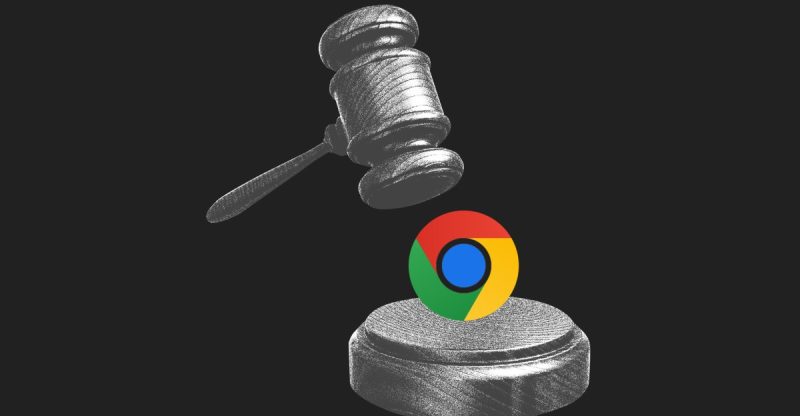
Japan’s Fair Trade Commission (JFTC) has issued a cease and desist order to Google, marking the first time a major tech company has faced such an action from the regulator. The order targets Google’s practice of prioritizing its own Search and Chrome services on Android devices in Japan. The JFTC’s investigation revealed that Google had struck deals with at least six Android phone manufacturers since 2020, incentivizing them to pre-install Google Search and Chrome while excluding competitors. These deals reportedly included revenue-sharing agreements contingent on the prominent placement of Google’s services and the complete absence of rival offerings.
This move follows Japan’s passage of legislation last year, mirroring the EU’s Digital Markets Act. This legislation aims to curb self-preferencing practices by dominant tech companies, ensuring a fairer playing field for competitors. The JFTC’s findings indicate that Google’s actions violated this new law. As a result of the order, Google is required to adjust its revenue-sharing agreements to provide phone makers with greater flexibility and choice. Furthermore, Google will be subject to independent third-party oversight for the next five years to ensure compliance.
Google expressed its disappointment with the JFTC’s decision, arguing that its agreements with Japanese partners fostered competition and innovation, ultimately benefiting consumers. However, the JFTC’s actions send a clear message: even tech giants are not immune to regulatory scrutiny. The impact of this decision extends beyond Japan, highlighting the growing global trend towards stricter antitrust enforcement against dominant tech platforms. This decision follows similar antitrust investigations in the US, where Google faces potential repercussions, including a possible breakup of the company.
The JFTC’s order underscores the increasing pressure on major tech companies to operate more fairly within their respective markets. It serves as a significant precedent for future regulatory actions globally, emphasizing the ongoing effort to promote competition and prevent anti-competitive practices in the tech industry. The long-term effects of this decision on the Android ecosystem and the broader tech landscape remain to be seen, but it undoubtedly marks a pivotal moment in the ongoing battle for digital market fairness.










